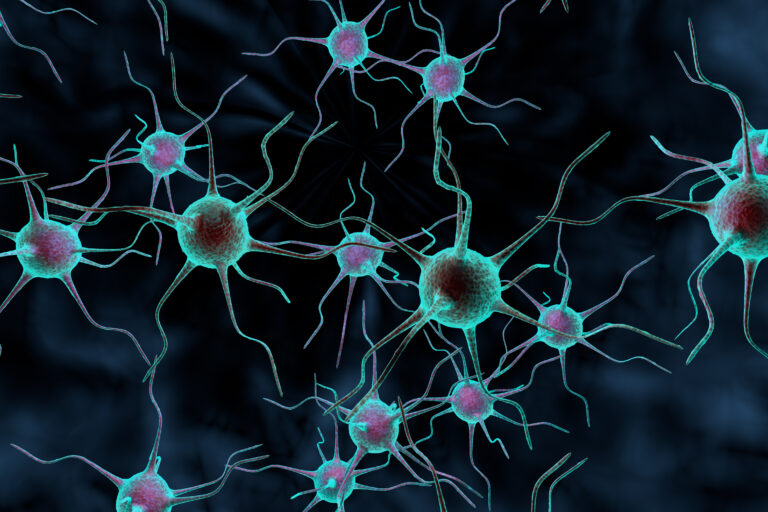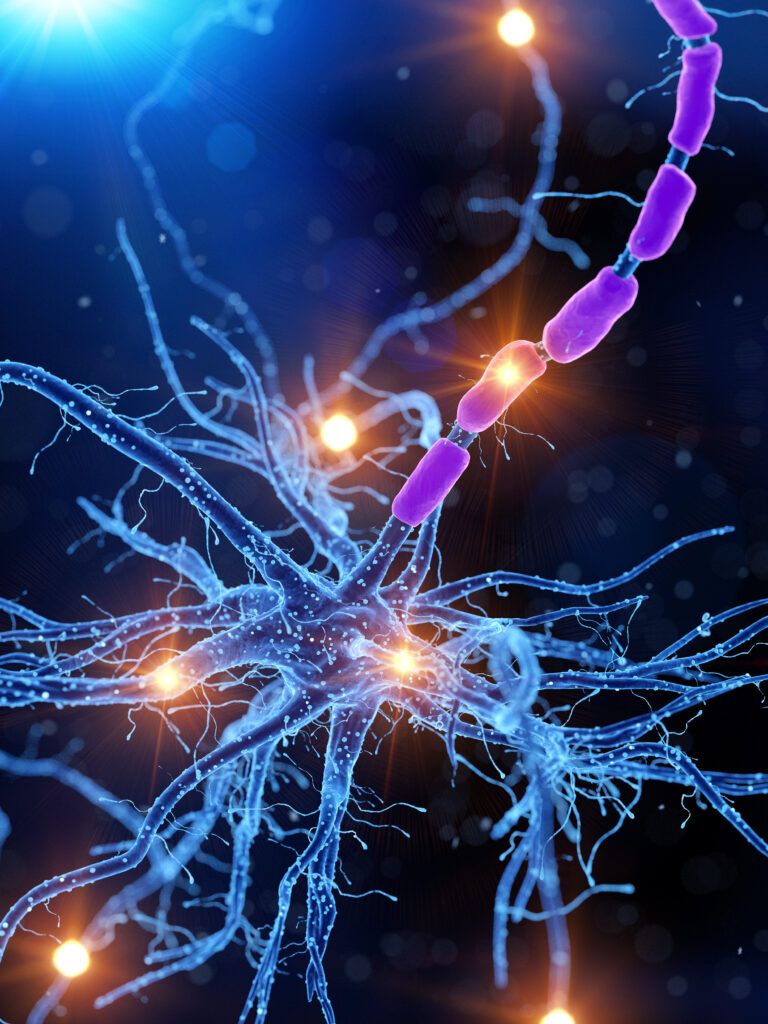Memory problems during menopause are a common experience for many women, but understanding what is normal versus what might be concerning can help ease worries and guide when to seek help.
During menopause, the body undergoes significant hormonal changes, especially a drop in estrogen levels. Estrogen isn’t just important for reproductive health; it also plays a key role in brain function. It helps regulate chemicals in the brain that support memory and attention. When estrogen declines, many women notice moments of forgetfulness or difficulty concentrating—often called “brain fog.” This might look like forgetting words mid-conversation or walking into a room and not remembering why you went there. These experiences can feel frustrating but are generally considered normal parts of menopause.
Brain fog during this time is linked not only to hormone shifts but also to other symptoms common in menopause such as poor sleep from night sweats or insomnia, mood swings, stress, and even nutrient deficiencies. All these factors together can make it harder for your brain to stay sharp and focused.
However, while occasional forgetfulness is typical during menopause, there are signs that suggest memory issues may need more attention. If memory problems become severe enough to interfere with daily life—such as frequently forgetting important appointments or struggling with tasks you used to manage easily—it’s worth discussing with a healthcare provider. Some research suggests that intense menopausal symptoms like frequent hot flashes combined with cognitive difficulties could signal an increased risk for future dementia-related conditions.
The good news is that many women find ways to improve their mental clarity through lifestyle changes such as regular exercise, balanced nutrition rich in brain-supporting nutrients, stress management techniques like mindfulness or yoga, and ensuring good quality sleep whenever possible.
In essence: mild forgetfulness and occasional mental fuzziness are common during menopause due to hormonal shifts affecting the brain’s chemistry along with other physical symptoms disrupting rest and mood. But if memory loss feels overwhelming or worsens over time beyond typical menopausal patterns, professional evaluation becomes important so any underlying issues can be addressed early on.





